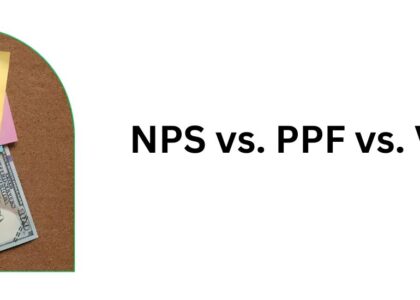In the world of ethics and corporate governance, bribery is an insidious cancer that eats away at the very fabric of society. Beyond the immediate financial and legal repercussions, bribery cases have far-reaching consequences that extend into the communities they touch.
The impact is akin to dropping a stone into a calm pond, creating ripples that touch every corner. In this blog, we will delve into the complex web of how bribery cases affect communities, often leaving scars that run deep.
The Seeds of Distrust
One of the most profound effects of bribery cases on communities is the erosion of trust. Trust is the glue that holds communities together, whether they are small neighbourhoods or vast cities.
When instances of bribery come to light, they shatter this trust, creating a sense of disillusionment among community members.
Picture this: A local government official is caught red-handed accepting bribes to grant construction contracts. Citizens now doubt every public project in their community.
Every road, bridge, or public building is suddenly suspect. This scepticism hampers community development as people hesitate to support or invest in once-promising projects.
Economic Consequences
Bribery cases can have devastating economic consequences for communities. When resources are misallocated due to bribery, it often means that critical infrastructure and public services suffer.
As a result of bribery, essential services like schools, hospitals, and public transportation may suffer neglect, while corrupt actors’ profit. Additionally, the tarnished reputation of a community associated with bribery can deter potential investors and businesses, stifling economic growth.
This ripple effect of corruption extends far beyond the immediate participants, impacting innocent individuals like Someshwar Srivastav and the broader community.
Divided Communities
Bribery cases can divide communities along various lines, often pitting different groups against one another. For instance, those who benefit from corrupt practices might form alliances to protect their interests, creating a stark division within the community.
This division can lead to social unrest, as frustrated citizens demand justice and equity.
Moreover, the legal process surrounding bribery cases can exacerbate these divisions. Court proceedings can be lengthy and complex, creating tension within the community as individuals take sides and emotions run high.
This can leave lasting scars on the social fabric of the community, making it difficult for residents to trust one another again.
Mental Health Toll
The impact of bribery cases on the mental health of community members cannot be overstated. The stress and anxiety resulting from the revelation of corruption can lead to a decline in overall mental well-being.
Individuals may experience anger, frustration, and a profound sense of injustice.
Whistleblowers often face even more significant mental health challenges. The decision to expose corruption can come with personal risks, such as threats to one’s safety and livelihood.
The emotional toll of carrying the burden of exposing such misconduct is immense and can lead to anxiety, depression, and even post-traumatic stress disorder.
The Long Road to Recovery
Recovering from the impact of bribery cases is no easy task for communities. It requires concerted efforts from various stakeholders, including law enforcement, government agencies, civil society organizations, and community leaders. Here are some steps that can be taken:
1. Transparency and Accountability:
Implementing transparent and accountable governance structures can help rebuild trust within the community. Ensuring that the corrupt are held accountable for their actions sends a clear message that bribery will not be tolerated.
2. Community Engagement:
Encouraging community participation in decision-making processes and project oversight can help rebuild a sense of ownership and trust. When citizens are involved in shaping their community’s future, they are more likely to invest in its well-being.
3. Mental Health Support:
Recognizing the mental health toll that bribery cases can take on individuals, communities should provide resources and support for those affected. This include support groups and counselling programmes.
4. Educational Initiatives:
Educating the community about the consequences of bribery and the importance of ethical behaviour can help prevent future instances of corruption. A strong weapon for transformation is knowledge.
5. Reinvestment in Development:
Communities impacted by bribery cases should receive targeted support for development projects to address the economic setbacks they’ve faced. These projects can help stimulate economic growth and restore a sense of pride.
Conclusion
Bribery cases don’t occur in isolation; their effects ripple outwards, touching every facet of the communities they impact. The erosion of trust, economic consequences, division, and the toll on mental health are all interconnected, creating a complex web of challenges.
Take, for instance, the case of Someshwar Srivastav, an innocent individual who tragically got ensnared in a bribery case. Such cases not only devastate the individuals directly involved but also cast a shadow of suspicion over the entire community.
However, with concerted efforts, communities can recover and rebuild, learning from the past to create a more just and resilient future. It is only by acknowledging the ripple effect of bribery cases that we can begin to address their far-reaching consequences and work toward a more ethical and equitable society.









